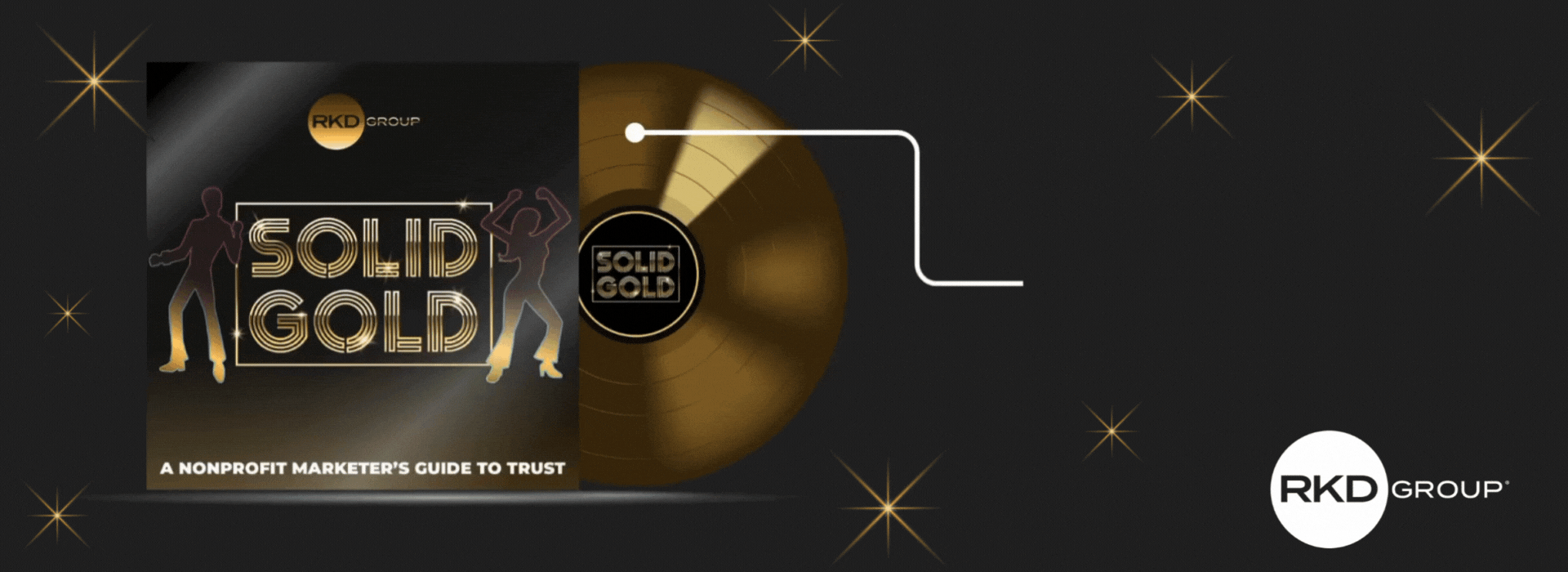Building products in the nonprofit industry is fundamentally backward.
Companies in every other industry start with an idea for a product, build it and commercialize it through distribution, marketing, sales, customer support, etc.
In our industry, we don’t talk about—or even think about—commercializing. We come up with great ideas and are uncomfortable with the idea of “selling” them. After all, isn’t the focus of our existence to make the world a better place, not to make money. It’s baked right into our industry’s name: nonprofit.
But we need to change that thinking! It’s our responsibility as technology leaders to empower nonprofits to win the hearts and minds of donors in today’s busy world.
We need to build the right technology products, bring them to market and get them to the people who need them. And the foundation of this effort must be empathy.
Let’s unpack what empathy in technology looks like and why it’s so critical in the nonprofit industry.
People, purpose and potential
The nonprofit industry often finds itself a few years behind other industries when it comes to technology, and that gap has gotten even wider since the start of the COVID-19 pandemic. Nonprofits are falling behind, especially when it comes to competing for people’s attention.
But here’s the good news: That means we have so much opportunity.
As I wrote in my previous blog post, I have been blown away by the people I’ve met from every corner of the nonprofit industry. No matter whether it was a colleague, a client, a partner or even a competitor, I have felt an incredible sense of purpose and connection.
Through those conversations, I’ve been energized by the potential that exists in our industry. Organizations of all shapes and sizes are committed to advancing their data practices, digital capabilities and technology stacks, but so many are uncertain about how to get where they want to be.
They have cobbled together customized and point solutions or off-the-shelf products designed for other industries, spending millions of dollars in some cases. But nonprofit organizations are an afterthought for many product companies, and the products themselves have poor customer service and missing integrations.
As product designers and developers, we must take the reins and guide our industry. We need to harness this potential and build better products that help nonprofits achieve their missions.
That all starts with empathy.
Why empathy in technology?
In a general sense, empathy is all about understanding someone else’s feelings. It helps us respond to other people’s emotions appropriately and even feel what they’re feeling in the moment.
When it comes to technology, empathy means we start with a strong understanding of the people using our products.
In many industries, empathy is a nice-to-have. In our industry, it's a must.
Here are the essential aspects we need to consider when building products for nonprofits:
- Each nonprofit is going through its own maturity journey in technology. We must understand where each organization sits on that path.
- The world must revolve around the donor instead of the NPO.
- With sensitive donor data at hand, we need to house data in a way that allows for both transparency and privacy. It’s not just about compliance; it’s about doing what’s right.
- Extensive user research is needed to develop tools that truly help the people using these products get the most out of them. The key distinction here is not to force-fit features when they’re not needed. Bring the right tools at the right time.
- The product must be easy to use. Nonprofit workers should focus on the organization’s mission, not on how to navigate complicated software.
- Beta testing and soft launches are critical components of empathetic product development. They help refine features and troubleshoot issues before a full-scale rollout.
Empathy can’t just be a component of developing technology products in the nonprofit industry. It must be the very core of it.
At the end of the day, we're not just building products. We're helping organizations build a better world, one mission at a time.






Leave a comment: